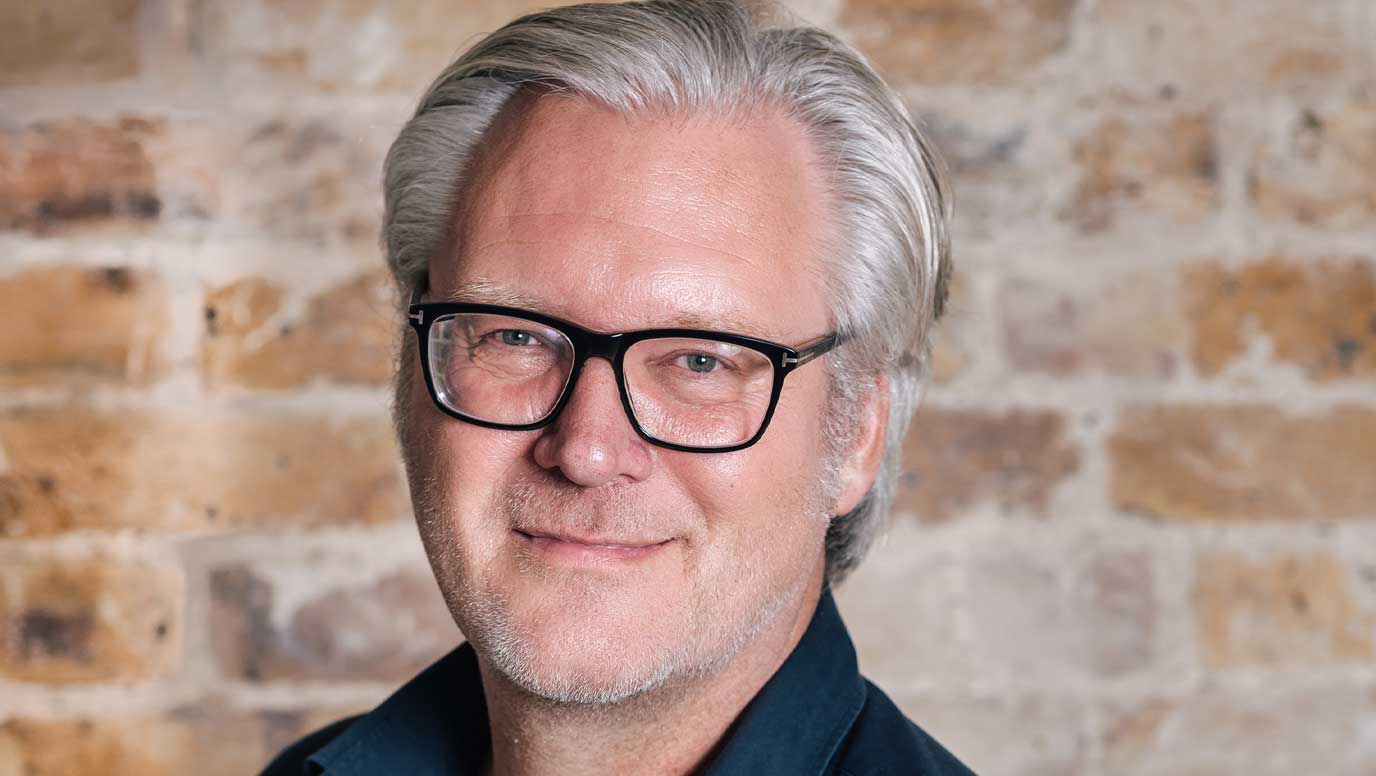Eagle Genomics goes bust and AudioTelligence winds up voluntarily

The company was said to have leasehold bases in Cambridge, Germany, the US and India. It is understood that the staff – around 22 people – were let go fairly early in the process.
CBW Recovery, which is handling the administration, told Business Weekly it was close to a sale of the company at one point but the deal fell through. It is unsure at this stage how much money can now be rescued for creditors and that work continues. As previously reported by Business Weekly, Eagle Genomics had changed CEO late in 2023 and imposed financial restrictions but failed to find new customers, stay within budget or raise new cash.
CBW said it was a tough trading climate in the UK at present and that cash was king. It urged companies not to take on credit they could not service and to operate within their financial comfort zones.
Eagle, which had banked with HSBC, changed CEO last autumn when Dr Victoria Kimonides replaced Anthony Finbow who moved across to take a broader strategic role according to information released by the company to Business Weekly. It emerges he was heading the US operation.
Eagle also raised an extra £3m last September but we are told a whole pack of wolves was by now gathering outside the door. CBW Recovery says Eagle Genomics – founded in May 2008 – was part of a group of companies. It was parent and held 100 per cent of the shares in Eagle Germany, Eagle Holdings and Eagle US, and 99.9 per cent of the shares in Eagle India.
Its principal activity was the provIsIon of an Enterprise Cloud software platform called the ‘e[datascientist}’, together with associated services, which provided advanced data analysis solutions in the biological sciences space. The product allowed global enterprises, largely in the life sciences, health and fast-moving consumer good sectors, to fully exploit large scale, complex life sciences data.
Its main funding round was in 2022 – supported by ETF, Abrdn, the Consortium and Omron. The administrators reveal that despite several promising investor pitches and discussions Eagle was unable to secure further funding. They said hopes were being pinned on a deal with Google “but this turned out to be a non cash deal and was the final straw for the board.”
CBW says that a reboot had been instituted to hopefully reduce monthly spend to below £500k, cut headcount and secure three new customer accounts. It reports that while progress was made to reduce the monthly cost base, Eagle was still running above the £500k level.
It adds: “No new customers had been signed by early February 2024 and this combined with lengthening funding timelines led to the board considering the company’s going concern status.
“The new management team found the company to be in a worse position than first thought, in particular the delivery to the company’s main customer, Unilever, was up to eight months behind and the Saas Platform was far from ready to commercialise further.”
CBW says the company’s records had identified significant sums paid to Eagle Germany (£1.1 million), Eagle India (£3m) and Eagle US (£2.3m) since 2021 “to settle their respective trading and operating costs.
“In turn, Eagle India have advised of a counterclaim of £250,000 relating to unpaid invoices. As the subsidiary companies were entirely reliant on the company’s funding, no further payments will be made and they are now proceeding with winding down in the respective jurisdictions.”
CBW’s report adds that Anthony Finbow remained the director of Eagle US, adding: “However, he has not been contactable to advise of steps to be taken in respect of the winding down of Eagle US.”
It is understood that Eagle stepped in to ensure the US operation was wound down in line with the rest of the group.

Another Cambridge company, hearing technology pioneer AudioTelligence, chose to enter voluntary liquidation after failing to raise growth capital when a crowdfunding campaign failed to take off. But the administrator – PEM in Cambridge – tells Business Weekly it has sold the technology to “another local company.”
It stressed that the business didn’t go bust but chose to sell the technology and bow out quietly and was voluntarily wound up.
The audio software company had early interest in its Orsana prototype from individuals who suffer from the so-called ‘cocktail party problem’. Research by Harris Interactive found that more than 80 per cent of adults aged between 40 and 64 find it difficult to follow conversations in noisy cafes, pubs and restaurants.
AudioTelligence CEO Sue Handley Jones, announcing a bid for £400k crowdfunding cash, told Business Weekly at the time: “We have decided to take matters into our own hands and manufacture Orsana ourselves – funding the production through this crowdfunding campaign. Our unwavering belief in the tremendous benefits of our technology drives our passion to make it accessible to everyone who needs it.”
Orsana is a small, lightweight device that uses built-in microphones and advanced algorithms to separate speech from noise. All the user has to do is place the device on a table and clear speech will be delivered to the accompanying wireless earbuds. The device also mutes the user’s own voice to avoid any echo issues.
Business Weekly understood from sources close to the company that it could have progressed with VC backing but views differed regarding which route to market would be most effective.
In 2020, AudioTelligence raised $8.5m Series A funding in a round led by Octopus Ventures with participation from existing backers Cambridge Innovation Capital, Cambridge Enterprise, and CEDAR Audio. The company was founded in 2017 as a spin-out from University of Cambridge-founded CEDAR Audio.


